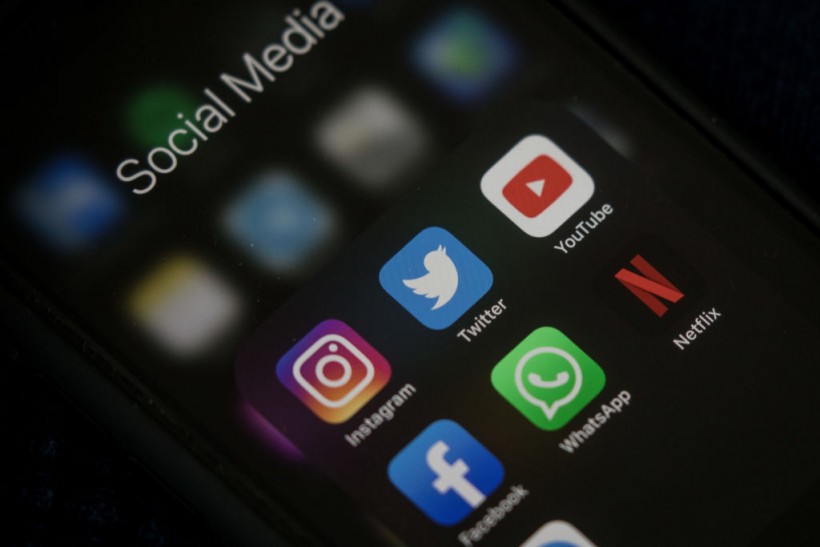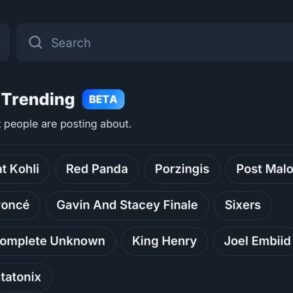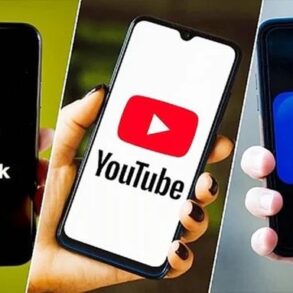State Senator Sue Rezin’s proposal to give Illinois residents a break from social media has officially been passed by the Senate, designating May 17 as “Take a Break From Social Media” Day.
Rezin’s resolution proposed the designated day and referenced CDC data showing suicide as the second-most common cause of death for those between the ages of 10 and 14 and 20 and 34.

The American Psychological Association’s research, which she also highlighted, revealed that young adults who cut back on social media by 50% for a few weeks experienced notable improvements in their perceptions of their general appearance and weight.
Along with this resolution, Rezin has put forth several other legislative proposals to address the negative effects of social media on Illinoisans.
These include establishing a Privacy Rights Act that outlines businesses’ obligations to protect the privacy of their customer’s personal information and pursuing Internet Safety education for students.
While the new day only suggests a break from social media, TikTok continues to fight US lawmaker’s move to ban the social media giant.
Read Also: China-Banned WhatsApp Suddenly Works For Some Users in Beijing, Shanghai-How?
TikTok’s Legal State
In April, President Joe Biden passed legislation granting ByteDance nine months to find a buyer for the well-liked short-form video app, plus an additional three months if a deal is in the works.
With backing from both parties, the Protecting Americans From Foreign Adversary Controlled Applications Act was passed by both chambers of Congress.
According to the company’s court filing, TikTok contends that the bill violates the First Amendment and that divestiture is “simply not possible: not commercially, not technologically, not legally.”
Legislators in the United States have long maintained that TikTok’s foreign ownership threatens national security. In 2020, former President Donald Trump attempted to outlaw the platform with an executive order that set the stage for a possible outright ban.
That attempt was unsuccessful, but as worries about China’s growing influence on the international stage grew, so did interest.
Before the law was passed, TikTok invested over $2 billion in “Project Texas,” an effort to strengthen the safeguards against foreign influence on user data in the United States. However, politicians persisted in their efforts to move legislation forward.
Americans on the TikTok Ban
According to a previously reported survey, Americans have different opinions about the TikTok ban. Regular app users and young adults are against the federal government’s proposed sale or ban of the well-known social networking app.
On the other hand, older people seldom use or do not use the internet to support government action.
According to the media source, the poll revealed that 51% of participants agreed that the US government should compel a TikTok sale, 46% disagreed, 53% supported a ban on the app if it remained owned by China, and 44% were against it.
The survey indicates that user demographics influence TikTok sentiments. Adults who regularly use apps (34%) are most opposed to government involvement (75% against a compulsory sale and 84% against a ban).
Most infrequent users and nonusers favor forced sales or required divestiture, whereas occasional users are divided on the subject.
Related Article: Why a US TikTok Ban Hurts Businesses Beyond Entertainment

(Photo: Tech Times)
ⓒ 2024 TECHTIMES.com All rights reserved. Do not reproduce without permission.
Join the Discussion





